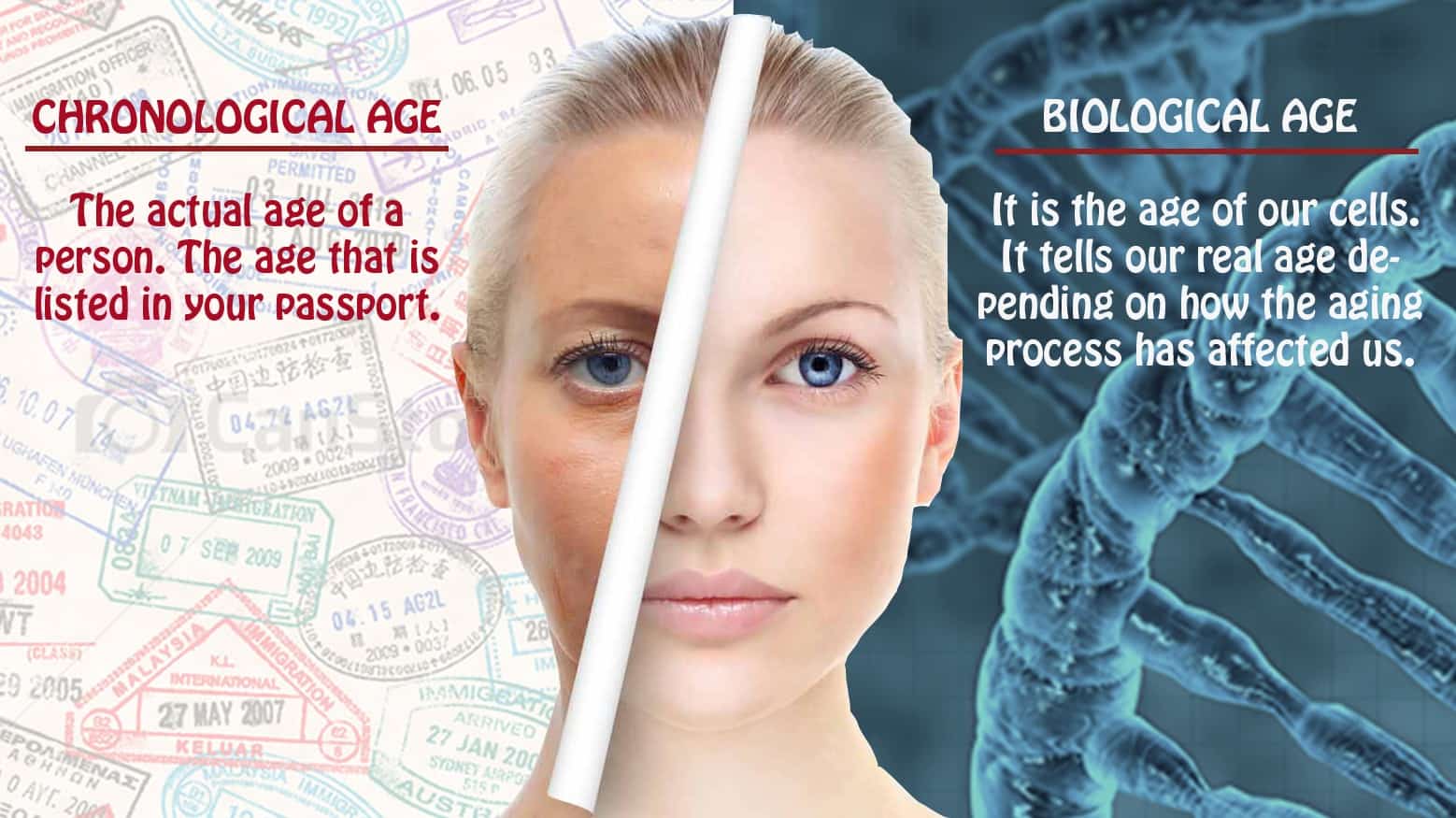Introduction
When we think of age, we typically consider our chronological age—the number of years that have passed since our birth. However, our chronological age doesn't always reflect our true age. Our biological age, on the other hand, takes into account various physiological and health factors that can affect our body's functioning and overall health. In this article, we'll explore the concept of biological age, how it's calculated, and what it means for our health.
What is biological age?
Biological age refers to the age of our body's physiological systems, such as our cardiovascular, respiratory, and nervous systems. It's a measure of how well our body is functioning compared to others of the same chronological age. Biological age can be influenced by lifestyle factors, genetics, and environmental factors.
Calculating Biological Age
The biological age can be calculated using various methods, including:
Telomere length: Telomeres are the protective caps on the ends of chromosomes. Aging is associated with shorter telomeres.
Epigenetic clocks: These measure the level of epigenetic changes, such as DNA methylation, which can indicate biological age.
Biomarkers: Blood tests can measure biomarkers, such as inflammation and oxidative stress, which can indicate biological age.
Physical performance: Assessing physical performance, such as strength, flexibility, and balance, can also estimate biological age.
Factors that Affect Biological Age
Several factors can influence our biological age, including:
Lifestyle choices: Smoking, lack of exercise, and poor diet can increase biological age.
Genetics: Genetic factors can affect biological age, with some people naturally aging faster or slower.
Environmental factors: Exposure to pollution, stress, and other environmental factors can impact biological age.
Implications of Biological Age
Understanding our biological age can have significant implications for our health, including:
Health risks: A higher biological age can increase the risk of age-related diseases, such as cardiovascular disease and cancer.
Personalized medicine: Knowing our biological age can help tailor health recommendations and treatments.
Lifestyle changes: Making lifestyle changes, such as improving diet and exercise, can help reduce biological age.
Conclusion
Biological age is a complex concept that takes into account various physiological and health factors. Understanding our biological age allows us to gain insight into our overall health and take steps to reduce our risk of age-related diseases. While chronological age is fixed, biological age can be influenced by our lifestyle choices and environmental factors. By making informed choices, we can potentially slow down or even reverse our biological aging process.

Comments
Post a Comment